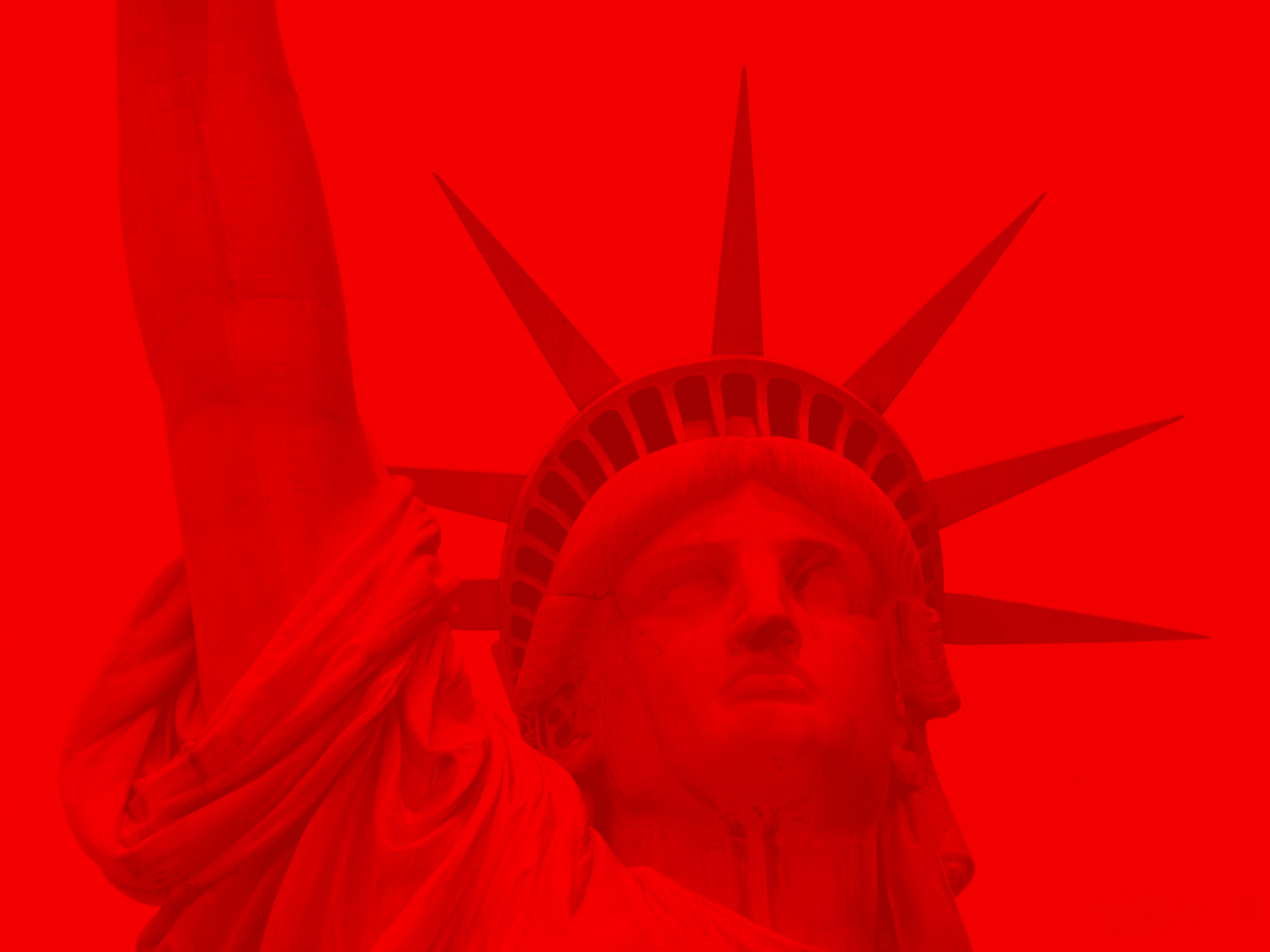The war between Israel and Hamas isn’t just another political conflict. It’s a struggle born of history, faith, and ideology - one that exposes the deepest divides in the modern world. In Tel Aviv, Christian apologist Dr. David Wood spoke about why he stands with Israel after the October 7 attacks, and why Christians, he says, should care. For him, this isn’t about politics or borders. It’s about survival, identity, and the moral duty to stand with a people under siege.
The hatred that fuels Hamas cannot be understood by politics alone. Its roots run far deeper into theology, scripture, and centuries of inherited hostility. To grasp what drives such relentless violence, one has to look at the beliefs that shape it.
The Religious Root of Hostility
The hatred driving Hamas cannot be understood through politics alone. It is rooted in theology. In the Qur’an, Jews and Christians are often cast as enemies. Surah 98:6 calls them “the worst of creatures.” Surah 5 portrays Jews as the most hostile to Muslims. Surah 9:29 commands believers to fight Jews and Christians until they submit and pay tribute.
These verses are not obscure footnotes. For extremists, they form a blueprint for hostility: a lens through which Jews are seen not as neighbors or rivals, but as eternal foes. Hamas draws directly on this worldview. Its founding charter cites Hadiths foretelling a final battle in which Muslims will kill Jews, even to the point where rocks and trees will cry out, revealing their hiding places.
This is not about borders or settlements. It is a cosmic conflict, one where the very existence of the Jewish people, and especially a Jewish state, is seen as defiance of divine order.
A Moral Obligation for Christians
The theological hostility that drives Hamas has tangible consequences, making it impossible for Christians to stay on the sidelines. Wood argues that standing with Israel is not just a political choice, but a moral duty, a call to confront hatred with solidarity rather than silence.
Today, Wood sees a clear warning. Across universities and social media, young people now echo jihadist slogans or even praise Hitler and bin Laden. What was once unthinkable is becoming normalized.
It is also about recognition. Jews and Christians are two communities that have endured relentless persecution, yet shaped the moral core of the modern world. Christianity gave rise to hospitals, orphanages, and the abolition of infanticide. Judaism preserved identity through exile and conquest, fostering a culture of learning and resilience. Both have shown the ability to rise after catastrophe. That parallel is no coincidence.
Propaganda and the Double Standard
Defending Israel, Wood emphasizes, is not just about standing on the battlefield; it is also about standing against distortion and bias. The struggle extends beyond rockets and terror; words, stories, and perception are weapons too. And here, Israel faces a relentless double standard. Terror attacks are often treated as isolated incidents, but Israel’s response is framed as the fault of Jews everywhere.
Wood describes this as more than simple bias, it is a centuries-long obsession, almost a spiritual fixation. Empires and ideologies have repeatedly sought to erase the Jews: from Babylon to Rome, from the Nazis to Hamas, the goal has been the same. Yet the Jewish people endure, while their historical enemies vanish. Their survival, Wood argues, sparks resentment and hatred that persists to this day.
This is why the battle over perception matters as much as the physical one. Israel cannot defend its borders alone; it must protect its story. Lies and distortions undermine legitimacy, weaken support, and make survival even harder. For Christians who care about justice and moral clarity, the lesson is clear: standing with Israel is not just about territory or politics, it is about upholding the historical record and defending those under siege. In a conflict where narratives shape reality, the struggle for how the story is told is as urgent and consequential as the fighting on the ground.
Lessons for the West
Israel’s struggle is not theirs alone. It mirrors challenges facing the entire Western world. In an age when old certainties are fading, Israel stands as a reminder that survival is never guaranteed. It must be protected, defended, and believed in.
Mass migration and multiculturalism have reshaped Western societies. Many who arrive seek safety and opportunity, but others bring with them ideologies that clash with the values of freedom, equality, and tolerance. The result is growing confusion, a loss of confidence in what the West stands for.
Wood doesn’t argue against compassion, but against complacency. Israel, he says, lives with the reality that peace without vigilance is an illusion. Surrounded by enemies, it survives not through size or strength, but through conviction, the belief that its existence has meaning.
That conviction is what the West risks losing. To endure, nations need more than borders; they need purpose. Israel’s story is not just one of defense, but of faith, identity, and resilience, lessons the West would do well to remember.


